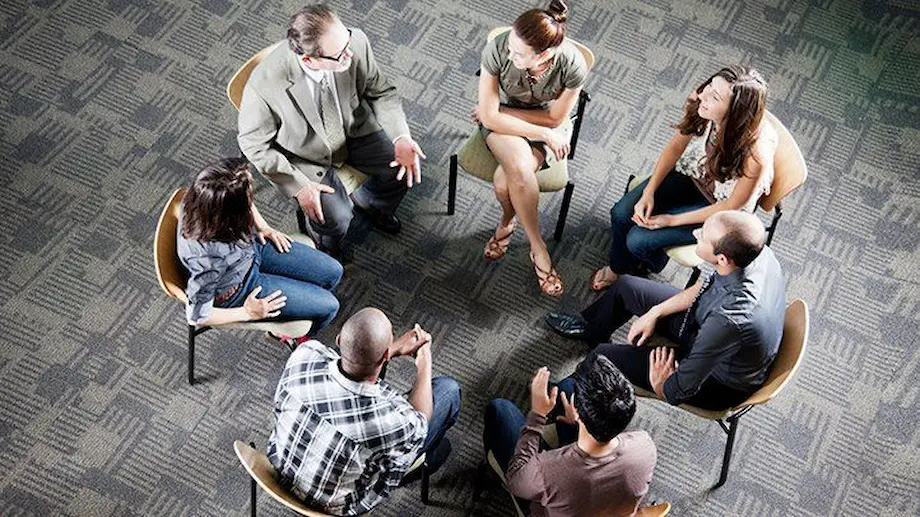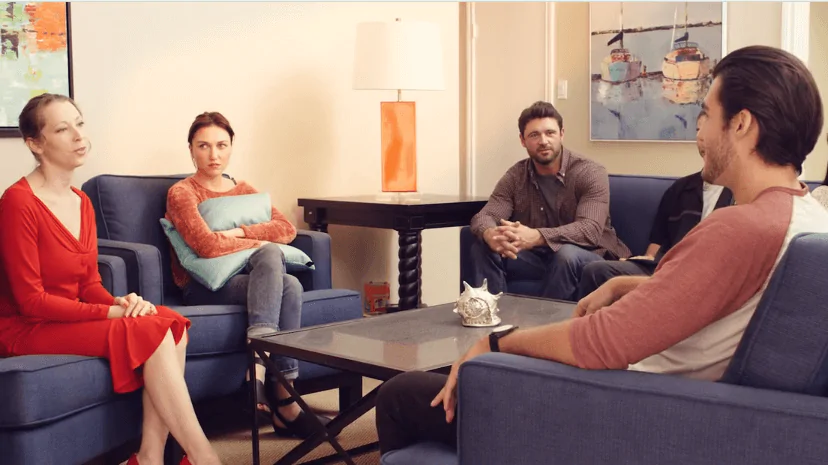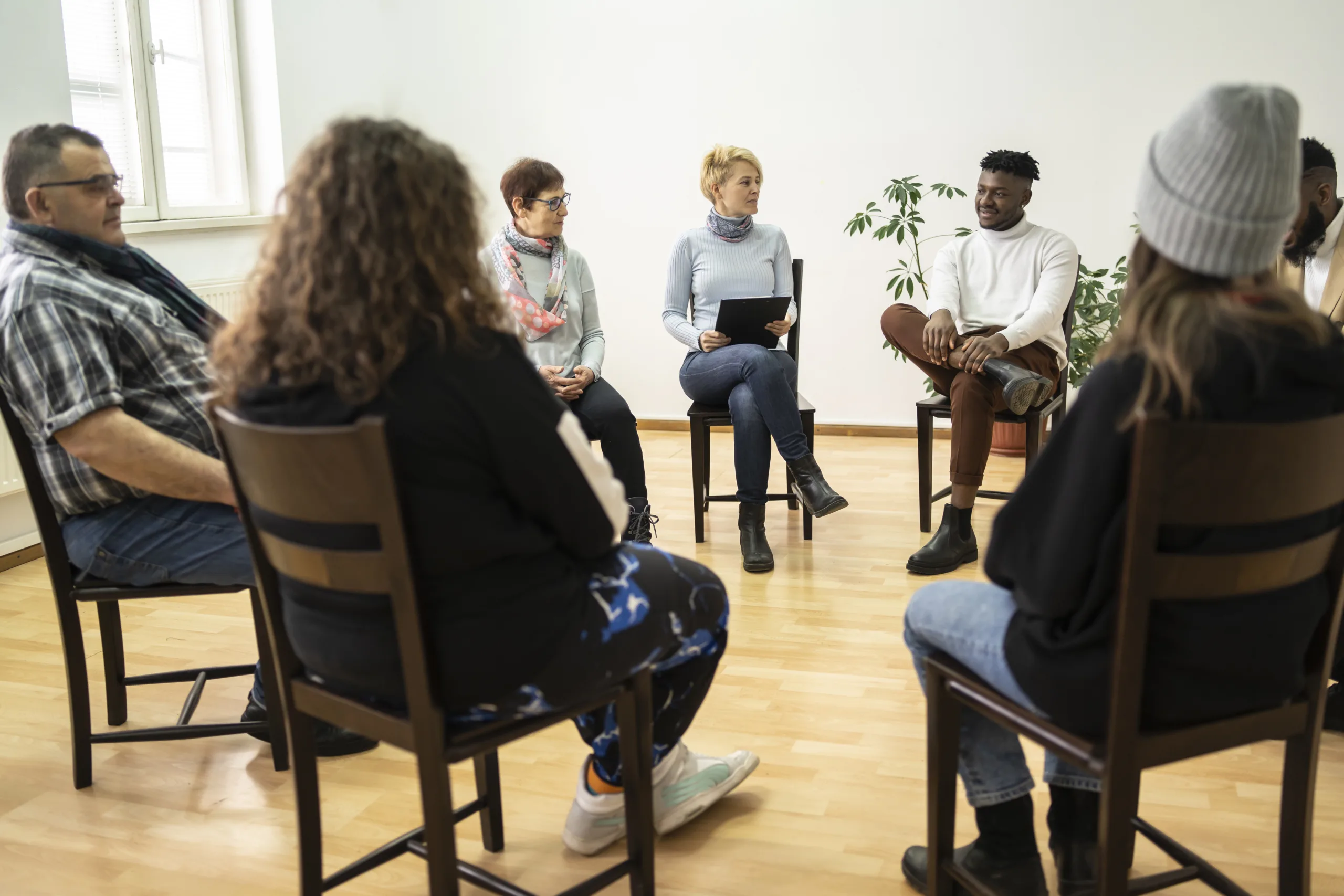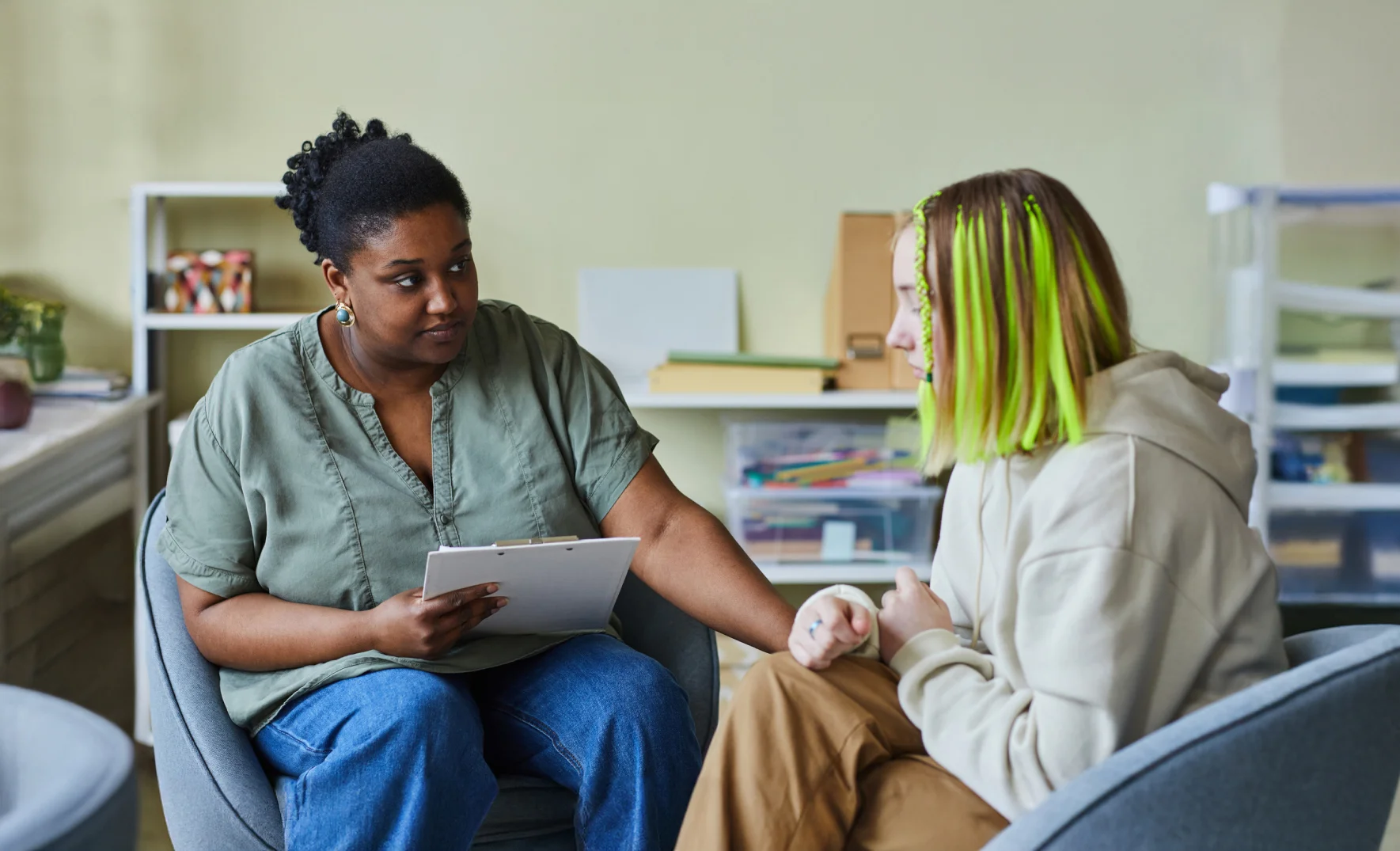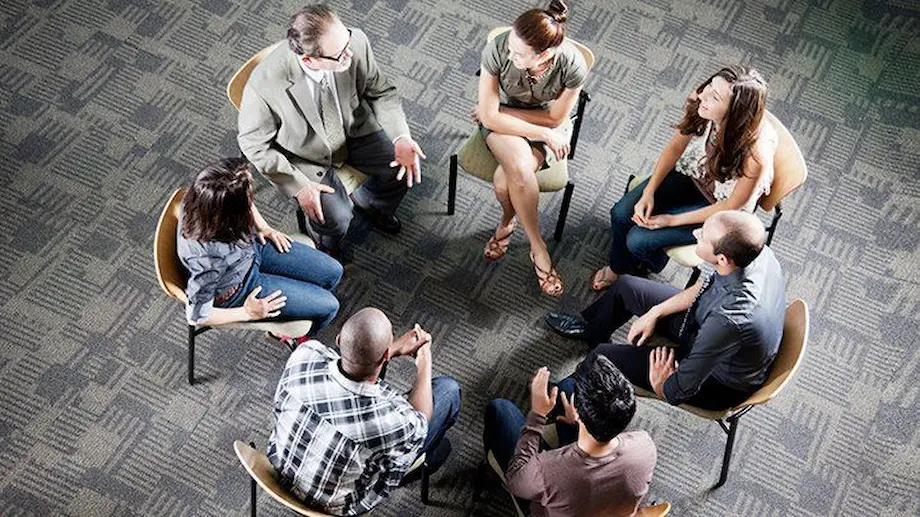24/7 Helpline:
(866) 899-221924/7 Helpline:
(866) 899-2219
Despite its appealing attributes, Big Rapids faces significant challenges related to drug and alcohol addiction. The prevalence of substance abuse has emerged as a serious public health issue, affecting individuals and families in the community. These challenges have prompted the necessity for effective support systems, highlighted by the growing need for
centers in Big Rapids, Michigan. Substance use disorders cut through various demographics, leading to various social and economic repercussions. It is crucial for residents to recognize the importance of accessing rehabilitation services, which are designed to provide individuals the resources necessary for recovery and reintegration into society.The history of Big Rapids dates back to its founding in the mid-1800s, where it initially served as a logging town. Its evolution into a center of commerce and education has established it as a significant locale within Michigan, but the modern era brings new complexities. Unfortunately, factors such as economic strain and social pressures can contribute to the rise of drug addiction in Big Rapids, Michigan.
As addiction continues to impact lives, the role of Big Rapids, Michigan rehab centers becomes ever more critical. These facilities not only provide detoxification and treatment options but also serve as support networks for individuals seeking to reclaim their lives. By fostering a connection to the community and offering tailored treatment programs, rehab centers in Big Rapids aim to combat the rising tide of addiction, promoting a healthier and more supportive environment for all residents.
In conclusion, while Big Rapids, Michigan, boasts a rich history and a caring community, the battle against drug and alcohol addiction poses a prominent challenge. The existence of rehab centers is vital in this fight, providing a beacon of hope for those affected by addiction, and reinforcing the message that recovery is always possible.
Addiction treatment, drug and alcohol rehab centers are also available in Mecosta One can also look forOther Insurance Options

AllWell

WellPoint

PHCS Network

Choice Care Network

Cigna

Magellan

BHS | Behavioral Health Systems

CareFirst

State Farm

American Behavioral

Amerigroup

Horizon Healthcare Service

United Health Care

EmblemHealth

Highmark

Private insurance

Holman Group

Regence

Humana

Magellan Health

Ten16 Recovery Network
Ten16 Recovery Network has a proud history of providing services to people impacted by substance use...

Community Mental Health Services
Community Mental Health Services is a public rehab located in Big Rapids, Michigan. Community Mental...

Nova Counseling Associates
Nova Counseling Associates is a private rehab located in Big Rapids, Michigan. Nova Counseling Assoc...


































